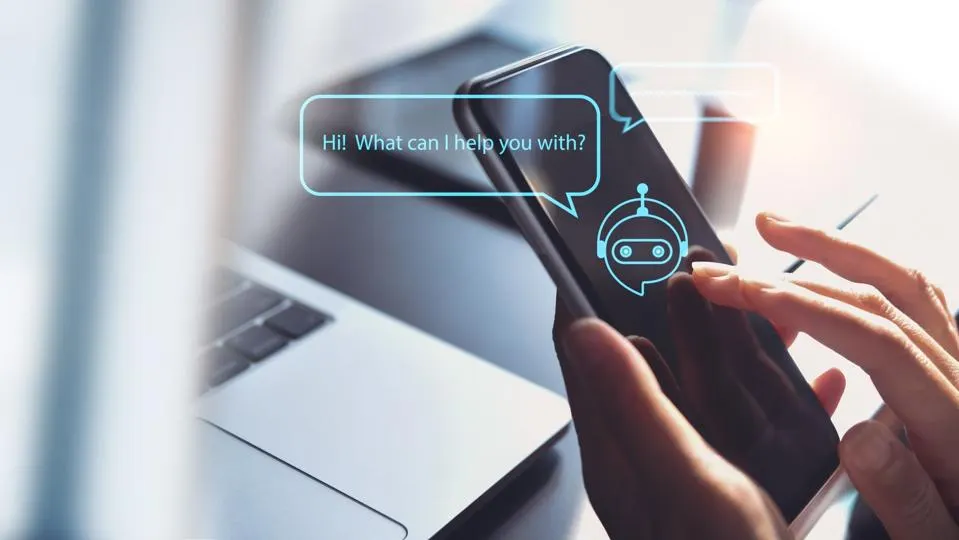Practical Examples Of How Blockchains Will Be Used In Legal Firms
2 July 2021
I contend that blockchain technology is going to disrupt many businesses and industries and the legal profession just might be next. Although there are many appealing characteristics of blockchain technology for lawyers, perhaps the best one of all is that it can secure information in an immutable and transparent ledger. Blockchain technology is on pace to revolutionise the legal industry and many predict it will become as ubiquitous as the internet is today.

What is blockchain technology?
Blockchain is a comprehensive, up-to-date (real-time) ledger of anything that can be recorded from financial transactions to ownership of physical assets stored in a distributed, peer-to-peer fashion. Every record is encrypted and time stamped. Only users can edit the part of the blockchain that they “own” and they gain access to the file only because they have a private key that allows them to. It also ensures that everyone’s copy of the distributed blockchain is kept in sync.
There are many different blockchains—public and private—and they allow anyone to send value anywhere in the world where the blockchain file can be accessed.
Blockchain technology has solid and effective security and has been described as “hackproof”. Unfortunately, nothing really is fully hackproof, but blockchain technology is more secure than our current technology and should reduce the risk of breaches.
How blockchain will impact the legal profession
Even though wide-scale adoption hasn’t happened yet, there are proof-of-concept projects taking place in nearly every industry. Law firms need to know about this technology so they can be poised to guide and serve clients within the new blockchain reality in addition to altering their law firms to address the new blockchain reality.
Client advisors
If it hasn’t happened already, it surely will. Clients in all kinds of industries from publishing to music to healthcare are attempting to navigate the realities that blockchain technology opens up for their businesses in terms of law, regulation and policies. Law firms that position themselves as blockchain experts will be relied upon by other businesses for guidance and support. No matter what area of law you practice, expect that your clients will soon bring you questions related to blockchain technology.
Contracts and smart contracts
Blockchains are capable of storing any kind of digital information including computer code. It’s possible to create a contract that can automatically generate based on when certain variables are achieved without any human legal intervention. Once these are in wide use they will be what is defended in a court of law. Expect that contract doctrine will evolve and may look very different than the paper contracts and protocols that are used today. Additionally, since contracts can be self-executing there will be changes to intermediary jobs and roles that typically help to review contracts and execute them when all requirements are filled.
Land registry and deed management
Particularly in developing countries, it’s challenging to keep track of who owns which land deeds. Blockchain clears up the confusion with a public blockchain ledger that is easily verified. All parties involved from the government to the land owners would access the same information to see who owns what and the date ownership switched hands.
Intellectual property rights
Similar to how blockchain can transform land registry, it can provide an indisputable record of filing for intellectual property rights that could be accessed on a global scale. Because blockchain is irreversible, secure and time-stamped, it offers a prime way to provide evidence of first use and has applications for any kind of patents, copyrights and trademarks. It’s also possible that this could be all automated as well.
Maintaining public records
Governments are tasked with maintaining census data and other information about the businesses and citizens within its jurisdiction such as birth/death records, marital status, business licenses, criminal activity and more. Historically this information is very siloed and difficult to access. Blockchain could solve the challenges governments face in maintaining and securing public-records data.
As blockchain technology matures, we will continue to see applications that impact the legal profession. Until then, it is impacting most of the client’s lawyers serve so it’s worth the effort for anyone within the legal industry to start learning about blockchain technology and start preparing for how it will change your practice and the services you will offer in the future. In some cases, it will significantly alter the traditional role lawyers have played as trusted intermediaries.
Related Articles
How Generative AI Is Revolutionizing Customer Service
Customer service is proving to be one of the most popular applications of generative AI. But how exactly can generative AI aid customer service teams (without alienating customers)?[...]
Will Generative AI Help Us Solve The Climate Crisis (Or Will It Make It Worse)?
You might be surprised to learn that AI is already proving to be a powerful weapon in the fight against climate change.[...]
Sign up to Stay in Touch!
Bernard Marr is a world-renowned futurist, influencer and thought leader in the fields of business and technology, with a passion for using technology for the good of humanity.
He is a best-selling author of over 20 books, writes a regular column for Forbes and advises and coaches many of the world’s best-known organisations.
He has a combined following of 4 million people across his social media channels and newsletters and was ranked by LinkedIn as one of the top 5 business influencers in the world.
Bernard’s latest book is ‘Generative AI in Practice’.






Social Media